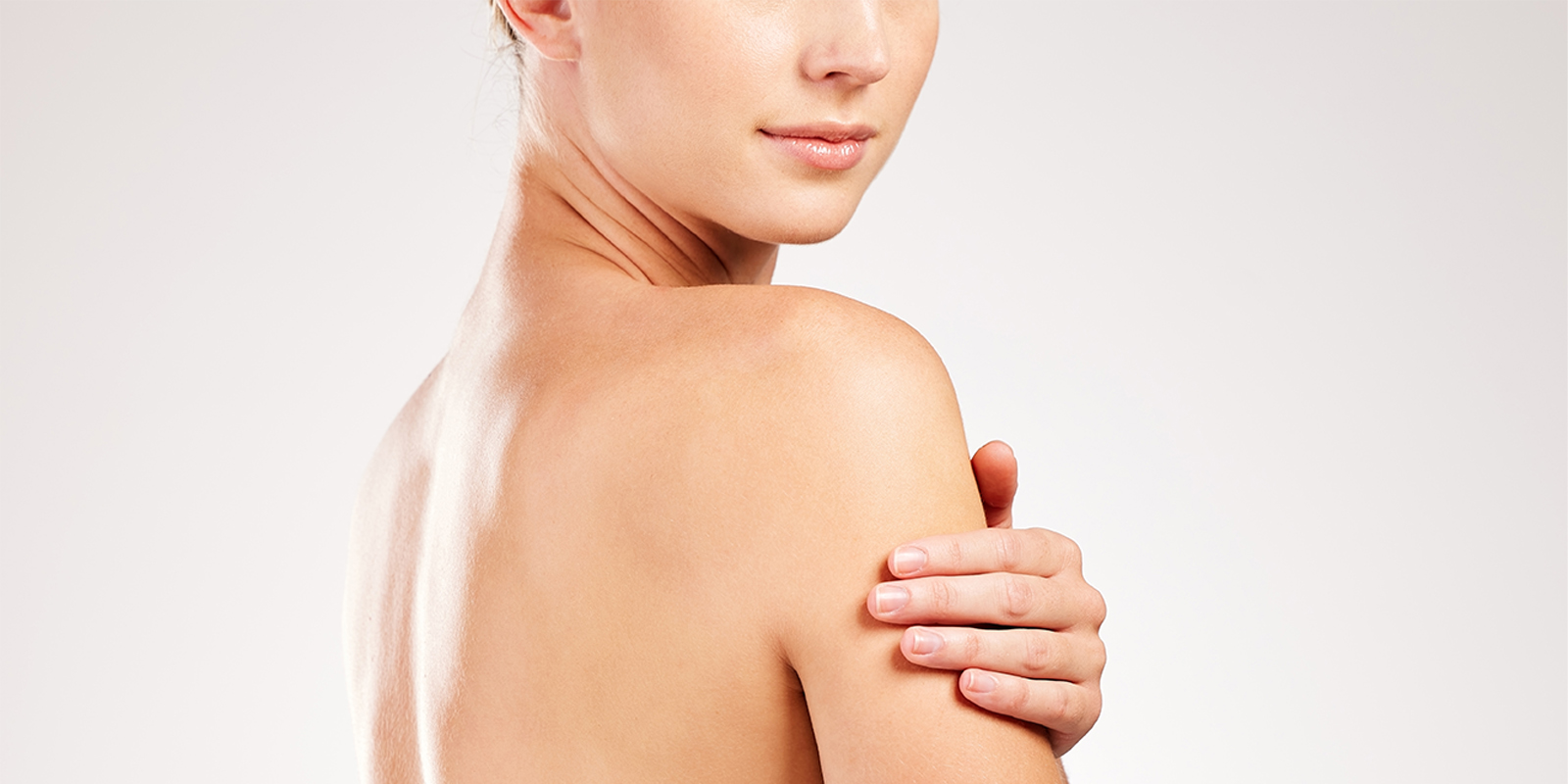Dry skin is always a concern during the winter season. Cold, wind or the combination of cold weather outdoors and warmer temperatures indoors can have a negative impact on your skin. Discover how to treat dry skin with home remedies and how to prevent dryness and flakiness following a specific skincare routine.
Dry skin is a common skin condition which tends to happen more often during the winter season. It occurs when the skin does not retain sufficient moisture. Fortunately, by making some changes to your skincare routine, you can prevent dry skin from appearing.











